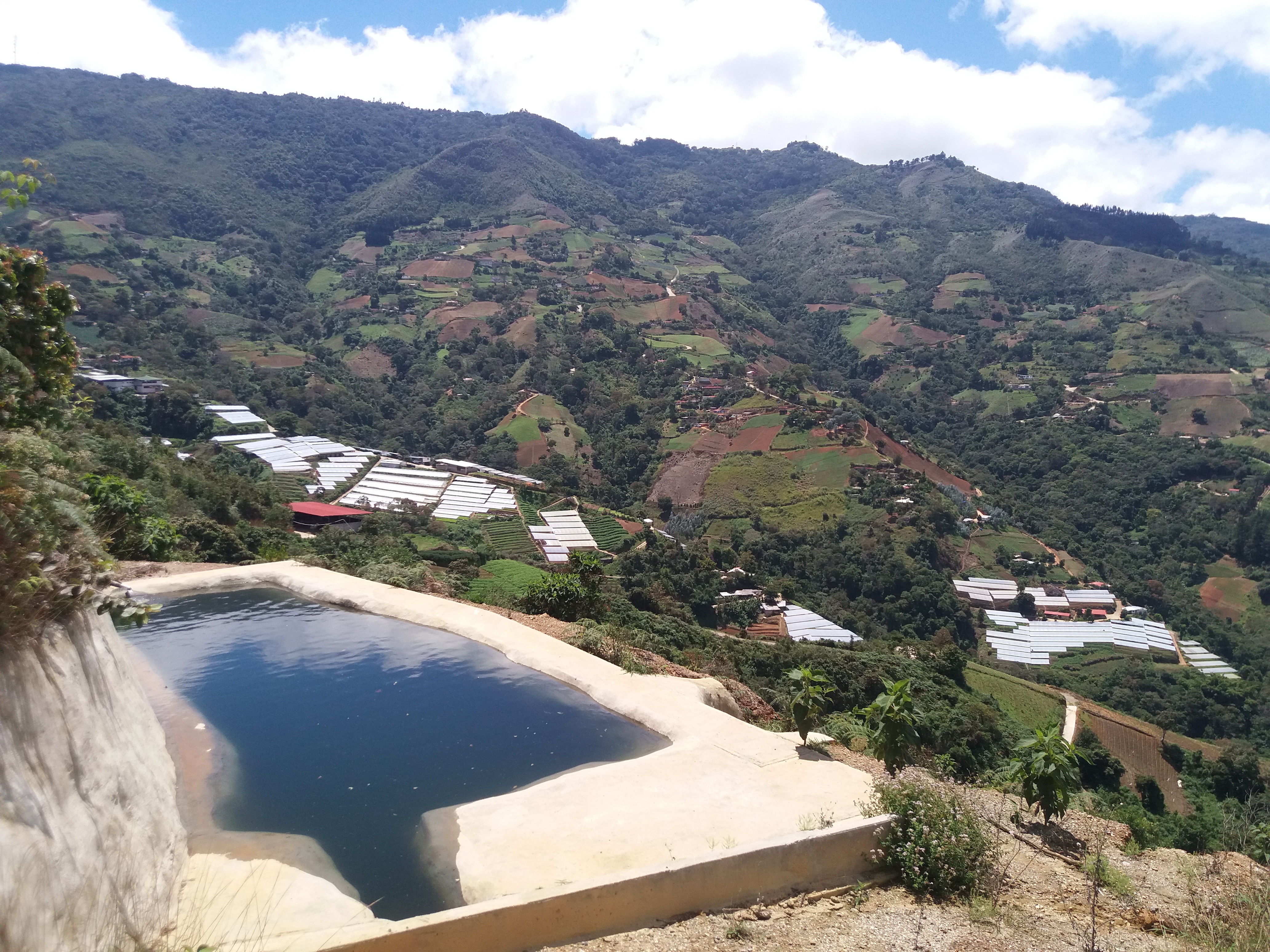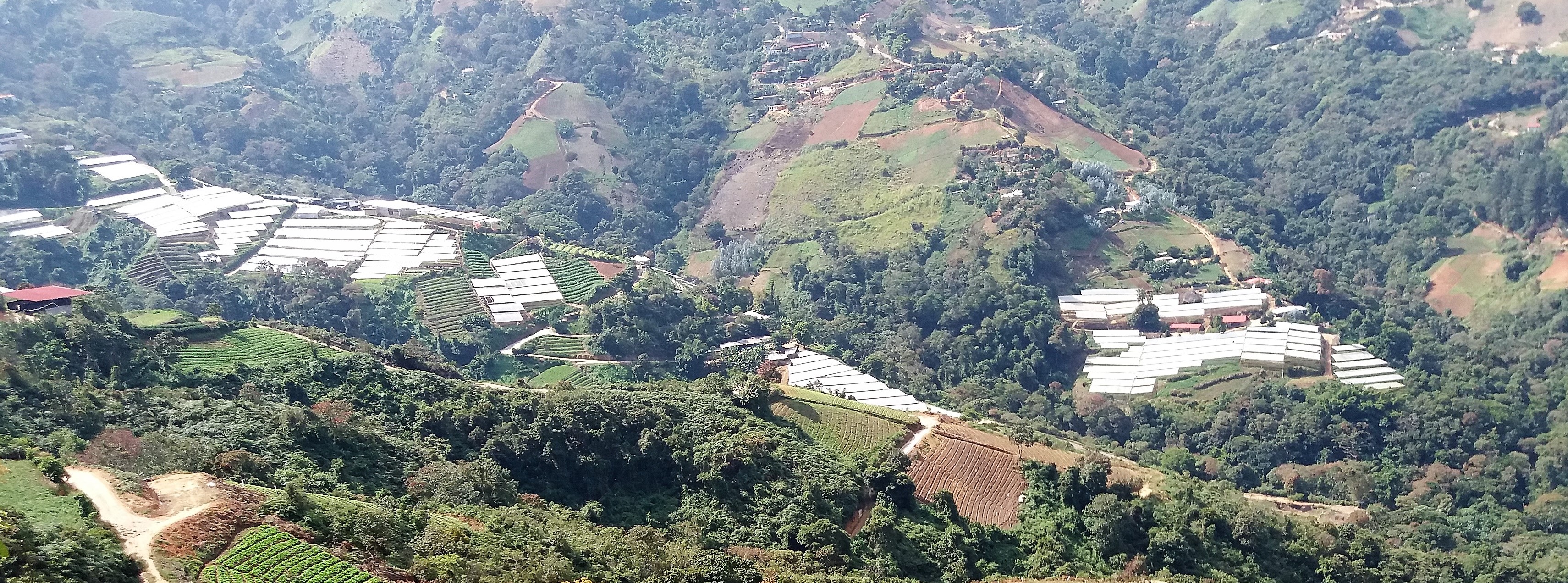An Overview Of Our Solution
- Population Impacted:
- Continent: South America
Organization type
Population impacted
Size of agricultural area
Production quantity
People employed
Describe your solution
Describe your implementation
External connections
What is the environmental or ecological challenge you are targeting with your solution?
Describe the context in which you are operating
We are operating for 31 years in a country that every years plunges more into chaos. Economic, social, ethical values chaos.
We were nearly expropriated in 2009 due to our more than average size for our region. The employees and neighbours helped to repeal that attempt. Both Government and opposition people supported us.
Currency has devalued from 0,50 new bolivars per one US$ in 1998 to 3,500 nowadays. x 7,000!!! Hard to understand for anyone not living here.
Since there are 2 official rates of 10 and 700 mainly given to government food imports, operating our business has been very uphill.
There is no airborne firefighting in our area, only one truck in the nearby village.
Authorities have been so tolerant with land invasion that we are happy to have purchased and defended our land and its vecinities
Insecurity is rampant.
Spare parts, vehicles, tractors, and agriculture supplies are scarce and many are black-marketed. We have to buy many supplies from abroad. Nothing is easy.
But we have survived all this, making our farm and its surroundings an oasis of decent prosperity, social balance, well conserved forests, and still available water.
How did you impact natural resource use and greenhouse gas emissions?
Language(s)
Social/Community
Water
Food Security/Nutrition
Economic/Sustainable Development
Climate
Sustainability
We are slightly reducing our volume of production since the middle class has shrinked. Keep catch up game with the the black market value.
Return on investment
Entrant Image

Entrant Banner Image

